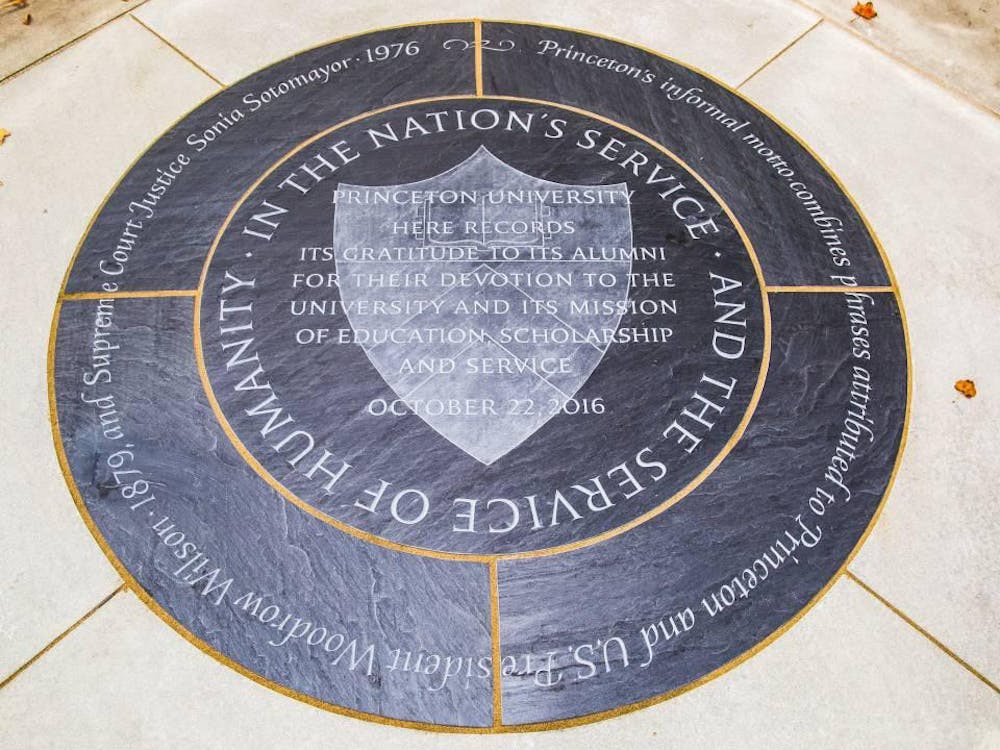Though most of the other articles have focused on concerns about social and extracurricular groups that divide students into smaller, less diverse groups, I think that this overlooks something key that we do here: go to class.
Until this semester, my last one at Princeton, I had very little interaction with people in my lectures. Yes, we would joke around a bit before precept, perhaps share notes, but beyond that, interaction in the classroom was fairly limited. I usually did not even learn the names of most of the people in my precepts and definitely not in my lectures. However, this semester that dynamic has shifted. Classes can be a real opportunity to meet different people with at least some interest in a similar class topic. This means that the classroom could be a great opportunity to interact with people and to really take advantage of the diversity that the University is so quick to point to and to impress upon us.
I am currently taking a course with 30 students where every class is comprised of a lecture and a group exercise. No, the class has nothing to do topically with group dynamics or networks, but the methodology of the class does. In fact, my class is simply about the U.S.’s involvement in the Middle East since World War I. We each have to do the reading because we know that when we are broken down into groups, it will be important to be able to contribute to the group. We become competitive over class debates, and we rely on each other to be able to come up with something compelling to share during the group exercise part of the class.
Multiple races, religions, ages and genders are represented in the class. Each group inevitably represents a different cross section of campus life, meaning that everyone comes together with a different and valuable identity. Of course there can be a bias in terms of who selects to join which class, but at the same time, that issue of selection is overcome by other factors in a way that is not the case in extracurricular activities or discussion groups. When we join a class for our individual reasons, we each bring something different to the group. In many ways, this class on the Middle East (one of many as an NES major) has forced me to be more forthcoming with my own identity as well as to learn more about the identities and backgrounds of my peers because of the group work dynamic. For the first time, the faces around me in lecture matter and the learning process involves more than just the professor and me as an individual — it is a diverse learning community. It is not a contrived community in which we focus on diversity, but rather one in which we actually focus on something entirely unrelated, yet find ourselves learning from our differences and through our plethora of experiences and cultural heritage.
Perhaps that is the point. We should be using our educational opportunities to learn from one another, not trying to make artificially diverse groups on campus, or worse, segregating ourselves and ignoring the people around us. We should take advantage of the different students in every class and try to use class time to learn in every way possible — both from the professors and from those around us. Perhaps this is the elusive solution to the problem that all those other articles and columns articulated: We should be looking to our rigorous academic schedules, and not just to our extracurricular activities, to find ways to experience and thrive through our diversity. Diversity, as something that the University is so proud of, should affect and improve our educational experiences throughout our time at Princeton and not just be relegated to something we think about when we are not studying.
The University strives to impress upon us how diverse the student body is, but we rarely have substantive interactions with people who are different from us. Perhaps the solution is to utilize new ways of teaching, through groups exercises or projects, to make the classroom a chance for growth in more ways than one.
Kerry Brodie is a Near Eastern Studies major from Potomac, Md. She can be reached at kbrodie@princeton.edu.







